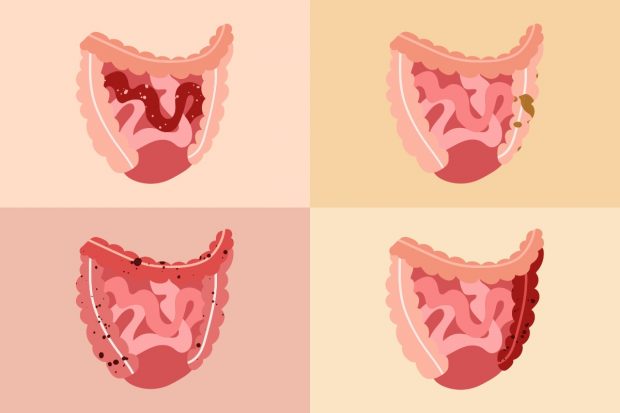Early detection is the best way to prevent the development of cancer. Here’s what you need to know about the screening options available for 3 common types of cancer—breast, colon and prostate disease.

If there’s one thing that experts can agree on, it’s that regular screening helps to identify cancer at an early stage. The main benefit of early detection is that cancer is more likely to be treatable.
Organized every February 4th, World Cancer Day is a global initiative that aims to inspire greater awareness of cancer and action on preventing, detecting and treating the disease.
Use World Cancer Day as an opportunity to learn more on the screening options available for the early detection of breast, colon and prostate cancer. Screening saves lives!
Breast Cancer Screening

Breast cancer shows no signs or symptoms in the early stages. Preventative breast examinations may save your life. The American Cancer Society recommends yearly mammograms for women 40 and over.
A mammogram may identify changes in breasts that could be cancerous before physical symptoms develop.
Research suggests that women who have regular mammograms are more likely to detect breast cancer earlier and are less likely to need aggressive treatments to remove the entire breast (mastectomy) and chemotherapy.
Additionally, it’s recommended to examine your breasts at home. Use this 5-step guide to do a self-examination of your breasts.

It’s important to look for the following symptoms when self examining your breasts:
- Scaly, patchy or inflamed skin around your breasts or nipples. Consult with your physician if this condition persists.
- Itchy or leaking nipples. If you notice your nipples are constantly itchy or leaking, schedule a check-up with your physician.
- Unexplained weight loss. Make an appointment with your physician if you notice any persistent changes—weight loss and/or back and neck pain.
- Sore armpits. If you notice pain and swelling or feel a lump in your armpits, schedule a visit with your physician. Most of the time, armpit pain is nothing to worry about but it’s better to be safe than sorry.
Related: 5 Surprising Signs of Breast Cancer in Women
Colon Cancer Screening

Colon and colorectal cancer typically develops from precancerous polyps—abnormal growths in the colon or rectum. Screening tests identify precancerous polyps, so that they can be removed before they turn into cancer.
The Center for Disease Control (CDC) recommends screening soon after turning 45, followed by regular intervals. However, you may require earlier testing if:
- You or a close relative have had colorectal polyps or colorectal cancer.
- You have an inflammatory bowel disease such as Crohn’s disease or ulcerative colitis.
- You have a genetic syndrome such as familial adenomatous polyposis (FAP) or hereditary non-polyposis colorectal cancer (Lynch syndrome).
Prostate Cancer Screening

It’s important to remember that cancer screening means looking for the disease before it causes symptoms. The goal of screening for prostate cancer is to find cancers that are at a high risk for spreading if not treated early.
While there’s no standard test for prostate cancer, two tests are commonly used: the prostate specific antigen (PSA) test and the digital rectal examination (DRE).
PSA Test
The PSA test measures levels of PSA—a substance made by the prostate—in the blood.
The higher the PSA levels, the more likely a prostate problem is present. Many factors contribute to higher PSA levels, such as age and race.
Additionally, PSA levels can be elevated by:
- Medical procedures.
- Medications.
- An enlarged prostate.
- A prostate infection.
If your PSA test result is abnormal, your doctor may recommend a biopsy to determine if you have prostate cancer.
DRE
To perform a DRE, your healthcare provider inserts a gloved, lubricated finger into the rectum to feel the prostate for anything abnormal, such as cancer. It’s important to note that the DRE is not recommended as a screening test due to lack of evidence of the benefits.
Takeaway
If you’re concerned about uncommon pain, sudden weight loss or any other symptoms of cancer, it’s important to consult your physician.
The best way to fight cancer is early detection. When detected in its earliest stages, cancer is usually curable. Consult your physician and schedule regular screenings.







